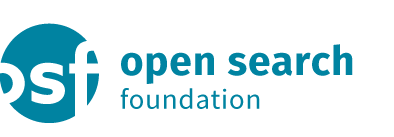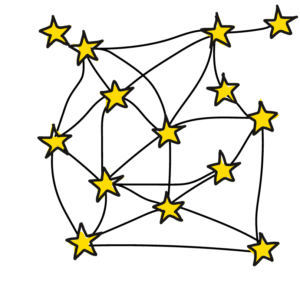“We are paying with our data, our privacy, economic independence and democratic sovereignty” – Leopold Beer from the Süddeutsche Zeitung quotes OSF board member Stefan Voigt.
The Süddeutsche Zeitung reports on the Open Search Foundation and its plan to democratize Web Search. In the context of the upcoming European elections 2024, the article draws attention to the weaknesses of current web search and shows how commercially operated digital platforms could influence voting decisions.
The article summarizes many aspects and also portrays the EU project OpenWebSearch.eu, which is funded by the European Commission under the umbrella of Horizon Europe. OpenWebSearch.eu is a collaborative research project consisting of 14 consortium partners. The aim is to create a prototype of a European web index that guarantees Europe’s digital sovereignty and serves the common good. The Open Search Foundation is one of the consortium partners and a key driver of the project.
The report appeared in the Süddeutsche Zeitung and online at sz.de:
www.sueddeutsche.de/europawahl-stefan-voigt-christine-plote-open-search-foundation
Event-tip:
The “Free Web Search Day” #FWSD will take place again on September 29, 2024. The Open Search Foundation launched the annual Action Day. Every year, various events and campaigns around #FWSD draw attention to the challenges and opportunities of internet search and provide knowledge and tips. Companies and private individuals can once again show their support on 29 September and actively or passively participate in the extensive range of activities: freewebsearch.org

